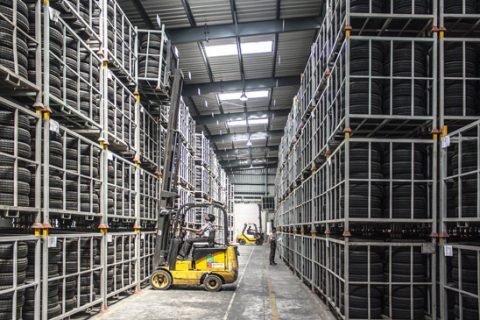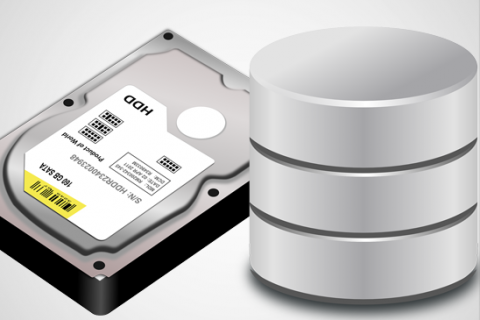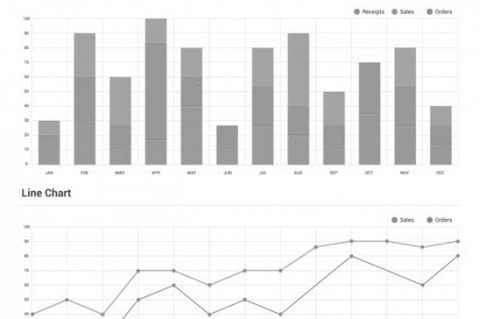DELit.sk is offering the full range of SAP support services to their clients in Europe. DELit.sk combines its expertise in SAP-enabled business transformation programs and application management services with the infrastructure service capabilities, resulting in an integrated service offering for clients looking to transform their business or outsource the maintenance of their SAP system. Clients can be supported by DELit.sk through all levels, or in one or more specific levels, depending on the client’s needs.
SAP SUPPORT ON MULTIPLE LEVELS
Level 0
Business requirements and process improvements are identified at this level. The super users are responsible for testing new functionalities, for safeguarding the quality of the master data and providing initial problem resolution to end users.
Level 1
This level is traditionally known as “Help Desk Operations”, i.e. responding to calls, registration of incidents, prioritization of issues and follow-up of incidents throughout the resolution process.
Levels 2/3/4
Support activities on levels 2, 3 and 4 may vary from functional and technical issue analysis, to break-fix resolution, identification and implementation of change requests, transport management, monitoring of interfaces and batch jobs, coordination of software bug resolution and escalation of issues towards external software providers.
Level 5
This level ensures that software components underlying the application functionality are functioning correctly, and are kept in good health. It also contains SAP Basis Support: tuning, monitoring, system technical escalation, system technical housekeeping jobs, etc.
Level 6
This level includes all necessary activities required to guarantee that all servers, appliances and other IT infrastructure components are working correctly. Typically these activities take place at the Operating system level: monitoring, patch management, incident management, backup restore and capacity management. System management ensures that the IT infrastructure is running smoothly.
Level 7
This level provides a complete infrastructure platform, including hardware and licenses necessary for the different application workloads to run on. Basic capacity such as storage, network and servers may be provisioned in an flexible way. A combination of dedicated infrastructure and a shared (private) cloud model are offered in an integrated fashion.





















